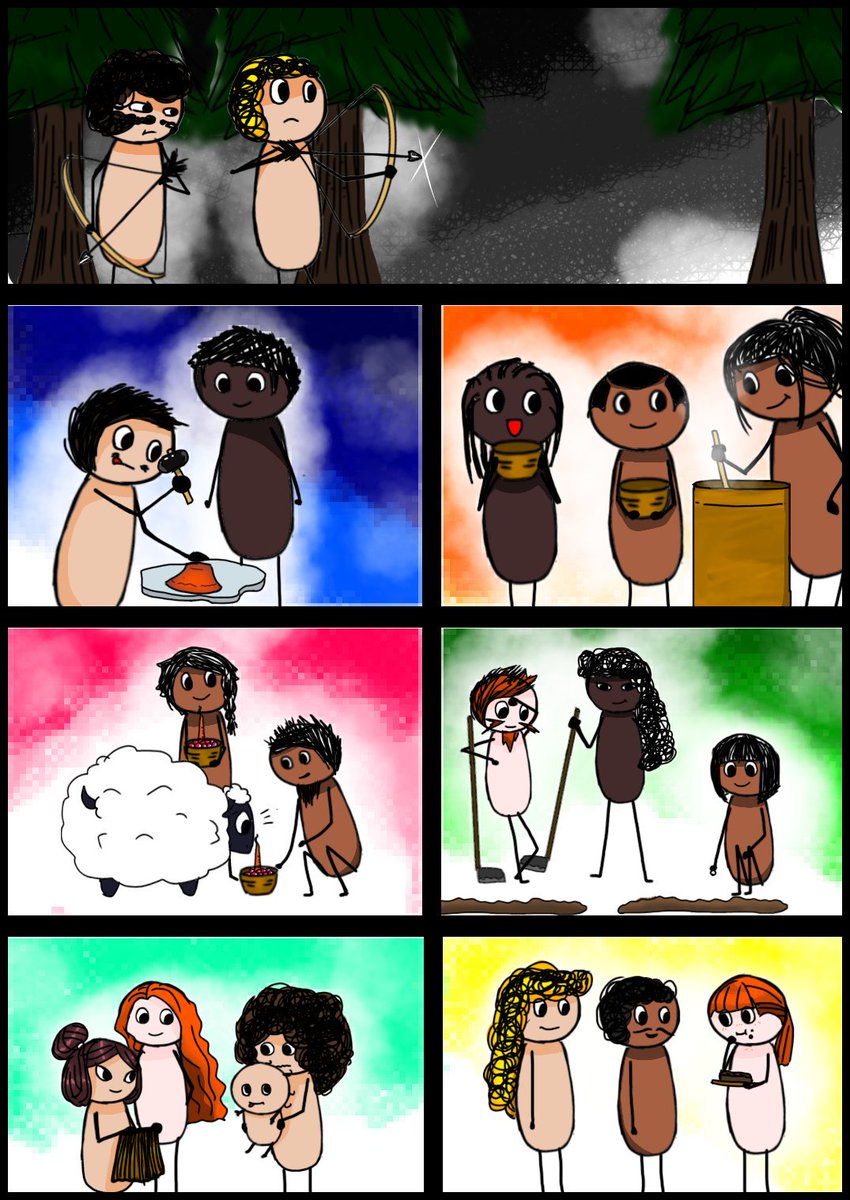

However, social media is such an important part of our lives that it has become very difficult to close the gap in our daily life. Social media is not just in our lives – our lives are now on social media.Ī six-hour blackout became a reason for anxiety among millions of people worldwide, who have been already coping with the concerns of the pandemic for the last two years. If we were going to do a study on the sociology of everyday life, social media would be one of the main tools of our research. We spend 2 hours reading, 1.3 hours listening to music, and 1 hour playing games. We spend an average of 7 hours on the Internet and 3.5 hours on TV, books, magazines, etc. The average time spent on social media worldwide is 2 hours and 25 minutes. We can see the answer to the question of how much time we spend on social media platforms in the global usage report published for the first quarter of 2021 by "We Are Social," which analyzes the internet and social media. Facebook, which has 2.7 billion active users as of 2021, is at the top, WhatsApp follows it with 2 billion users, and Instagram is in fifth place with 1.2 billion users. This number is thought to increase every year, and it is estimated to reach 4.4 billion users by 2025. Social media applications and usersĪs of 2021, there are 4.2 billion social network users in the world. If we consider that even diplomatic issues are handled through social media applications, we can see that they have become indispensable parts of our daily life.

In this six-hour period, we saw how important these platforms, which were not in our lives just 20 years ago, are today. During this outage, users who had no trouble accessing Twitter immediately logged into that application.Īs people were unable to follow up with what is happening in the world through Facebook, WhatsApp and Instagram, millions of people “migrated” to Twitter for a while.

In addition to all these technical and economical details, the six-hour-long closure of these platforms, which are visited by millions of people every day, suddenly affected people's daily lives. Following the outage, the shares of Facebook, which includes all three social media platforms, were negatively affected, losing more than 5% of their value as the access issues continued.

4, millions of users began to have trouble accessing social media platforms. But that day we witnessed how even a short access barrier of six hours can cause digital chaos in the world. While service was eventually restored, Facebook said the issue was caused by a malfunction during the system refresh, an issue the company says is still unresolved. Last week, on Monday evening, users of the three major social media and instant messaging applications – Facebook, WhatsApp and Instagram – faced the problem of not being able to access the applications for about six hours.


 0 kommentar(er)
0 kommentar(er)
